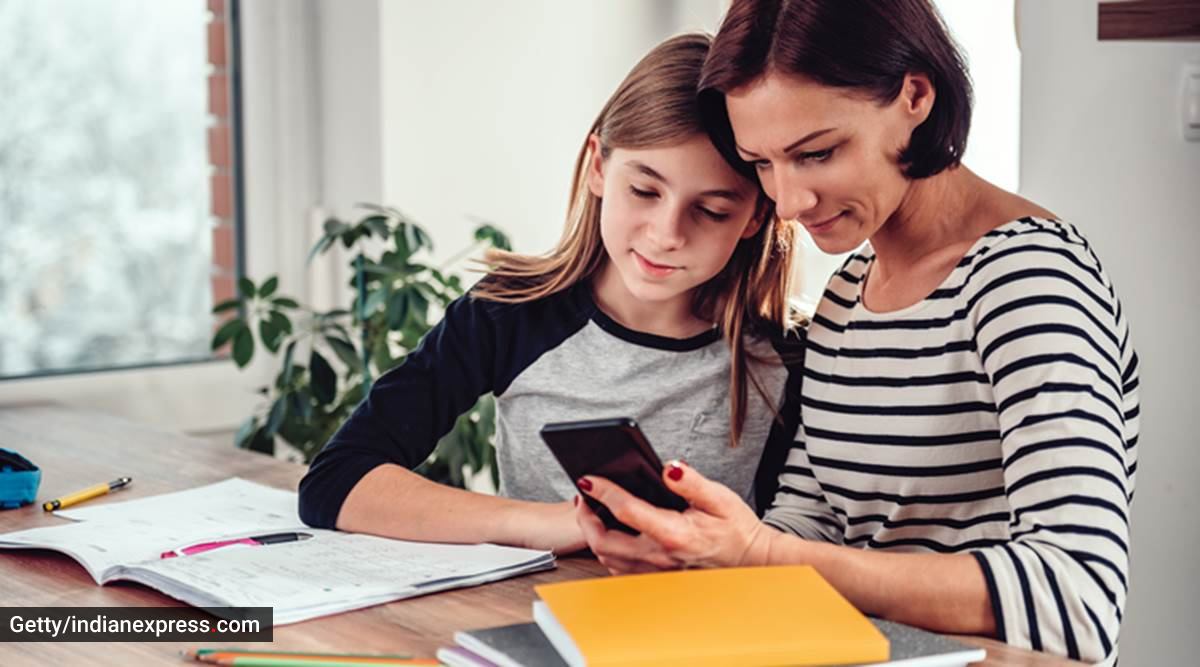National Parent’s Day: Five ways in which parents can think like teachers to improve virtual learning

Even as teachers think of newer and more creative ways to keep students engaged, parents, too, have a new opportunity to engage with the modified learning process.

By Naman Jain
The pandemic has exacerbated several existing crises. As the world grapples with a fast-mutating virus and its consequences, activities that were previously uncomplicated have also acquired an element of difficulty. In these unprecedented times, the pandemic and the changes triggered by it in our everyday life have been a double whammy. It is indeed almost impossible to find someone who is not reeling under its effects.
With the arrival of online learning, at least, the school year has been saved, yet certain difficulties remain. While teachers have had their share of struggles, even parents have been unable to cope with the dual concerns of managing work and children who are studying from home. Even as teachers think of newer and more creative ways to keep students engaged, parents, too, have a new opportunity to engage with the modified learning process. The role of parents has acquired a new dimension in the form of ‘teachers-at-home’. But it is now clear that if learning is to be made effective in this new system, parents must be willing to engage in an open-minded manner.
Keeping that in mind, here are five ways parents can use this time to reorient their relationship with their children’s school life, and enable an environment of effective learning.
1. Use this time to recalibrate one’s relationship with children and learn new coping skills collectively: Despite improvements in technology, one often found oneself torn away from family members throughout the day in pursuit of different endeavours. In the rare instance of the family getting together, most members would be too tired to band together and talk about each other’s day. What the pandemic has done indirectly is to make all family members spend time with each other in the same physical space and re-examine their connections with each other. Particularly in the case of parents who were earlier constantly finding themselves guilt-ridden for not paying enough attention to their children. More parents are now feeling more confident about their knowledge and understanding of their children’s tastes, their strengths and their responses to crisis situations – all of which are critical in helping them learn key life skills.
2. Knowing your child better means you are less likely to set unrealistic goals for them: As one engages with their ward’s progress on a daily basis, one will also learn about the range of their abilities and their position on the learning spectrum. To be informed of a child’s performance at the end of the term often skews a parent’s perspective of their abilities , but engaging on a regular basis means you are likely to set achievable goals and offer the right kind of motivation. This can be done by building a bridge between school learning and activities at home. For instance, for a class 6 student learning about food, where it comes from, why it shouldn’t be wasted, etc., are not questions to be tackled through the textbook alone; these are concepts which parents can integrate in their dining table conversations.
3. Strengthen communication with teachers to bridge any gaps in learning: Unlike the offline mode, parents have ample opportunity to connect with teachers on a more regular basis. In fact, in many ways, this is akin to parents participating or witnessing their child’s classroom behaviour in real-time. Given that the pandemic is a rather unusual situation for everyone, being open to offering support or lending an ear or learning new facets of their child’s personality should be on every parent’s agenda. Since online learning can be hard on students in some ways and can create newer parenting challenges, now would be a good time to also think of themselves as learners.
4. Coping with and making sense of the new normal: It is a task that all stakeholders must undertake collectively. Avenues of learning and employment are evolving rapidly and undergoing swift transformations. In this sense, it is pertinent that parents create awareness about these matters and hold regular conversation with their children about thinking of the uncertainties and challenges of job markets. Academic pursuits by themselves are incomplete unless they are realised with larger goals in life. Parents are often the first stakeholders who can gauge and develop varied interests in students and can help them manage their preferences better by constantly reiterating life skills. They can also connect with teachers to know more about the specific needs of a child from a perspective of forecasting what skills or knowledge a child would need for a successful career 10 years later.
5. There is no better time to introduce the concepts of digital literacy and cyber safety: Previously, screen time was limited and constantly monitored by parents. But now it is as if all life is being lived through screens. This means children must be immediately made aware of the dangers lurking on the internet and methods through which they can make themselves safe and secure. It is equally important for 21st century parents to have robust digital literacy and security information in order to prevent misuse of gadgets.
As modern-day parents who have a variety of resources at their disposal, it would be a pity if parents are unable to offer care and support of different kinds in such trying times. This situation also requires parents to be able to don multiple hats and go beyond their roles as guardians.
(The writer is an Education Policy expert and the director of Silver Line Prestige School, Ghaziabad)
For all the latest Parenting News, download Indian Express App.
Source: Read Full Article